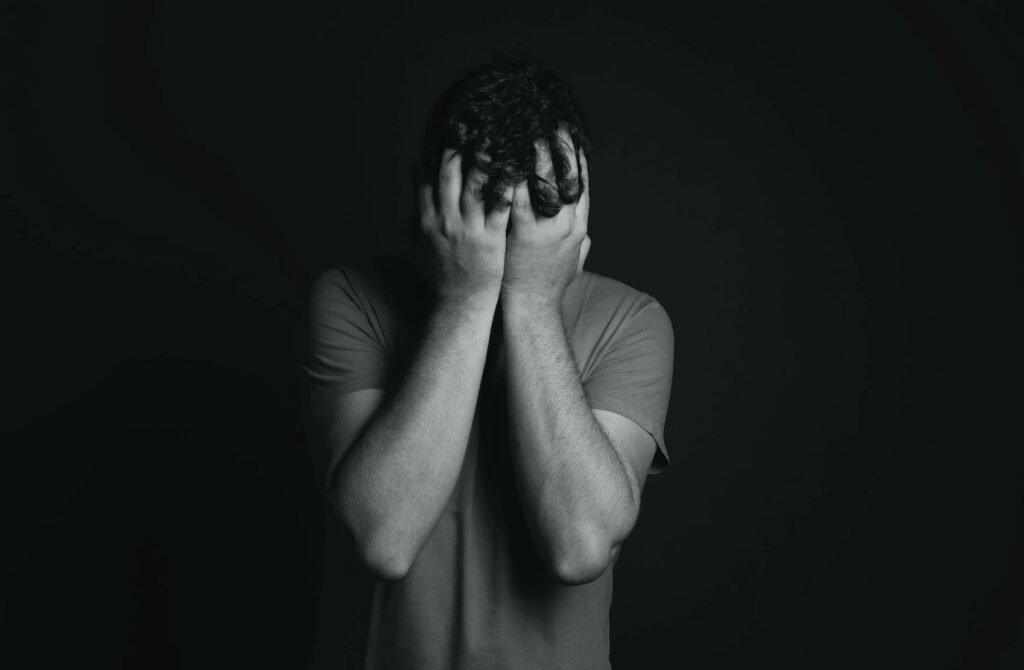Mental health encompasses your emotional, social, and psychological well-being. It affects how we act, feel, think, and react to certain situations.
There is a broad spectrum of mental health disorders, including anxiety, schizophrenia, depression, bipolar and personality disorders. Strategies for coping with them can come in different forms.
Below are five tactics that may help you live and thrive with a mental health disorder.

1. Treatment Centers
Sometimes, you can’t take care of yourself and juggle work, bills, relationships, health issues, or whatever the world throws your way. That doesn’t mean there isn’t any hope for things to get better; it just means you may need a bit more help getting back on your feet.
Treatment centers allow you to focus on yourself and not let any external variables interfere with your main goal: healing. You spend each day working with a trained, caring professional on how to manage your mental health disorder. You’ll learn safe, healthy strategies to help you lead a stable, fulfilling life.
If this interests you, check out centers like https://www.altaloma.com/ to learn more.
2. Therapy
Talking to someone about your problems or feelings may feel weird or uncomfortable, but this is one of the most common treatments for mental health disorders.
A therapist’s job isn’t to judge or tell you how you should feel. They explore your thoughts, feelings, and behaviors and look for ways to improve your mental well-being.
You more than likely already do this type of processing when talking to family or friends – imagine what someone licensed and experienced in your mental health condition could do for you!
3. Medication
It may not always be an option, and some may not want to take this route, but medications can adjust your brain’s chemical balance to help in areas like emotions and thought patterns. Although pharmaceuticals don’t cure chronic psychiatric conditions or health problems, they can improve symptoms.
Substance abuse of prescribed medication frequently occurs as a coping method in place of seeking help, which may not make this the best option for some.
In addition to prescribed pharmaceuticals, some over-the-counter supplements may help some mental health disorders. However, you should first talk to your doctor and a licensed psychiatrist and ask for recommendations and side effects.
4. Support Groups
It’s good to have a steady group of people who experience similar things as you. These groups can help you gain insight into your condition.
Aside from resources, support, and tips on how to live with your condition, you can also gain friendships by attending support groups.
Support groups help reduce the feeling of being alone or judged. You’re able to share feelings, personal experiences, and coping strategies that may help others or yourself.
There are face-to-face meetings or virtual support groups; choose the model that best fits your schedule and preferences.
5. ECT
Electroconvulsive therapy is usually used when other treatments haven’t helped. It’s been shown to provide rapid and significant improvements to mental health conditions like severe depression and bipolar disorders. It may improve or even reverse some symptoms.
ECT sends electric currents through the brain, causing a controlled seizure that affects mood, appetite, and sleep. It is given under general anesthesia; you aren’t awake during treatment.
Treatments are usually administered two to three times a week for three to six weeks (4-12 treatments) but will vary per person.
Final Thoughts
Developing robust mental health can bolster many areas of your life, like relationships, self-worth, work productivity, physical health, and more. There are several ways to help you live and flourish with your mental illness, and you don’t have to do it alone.
